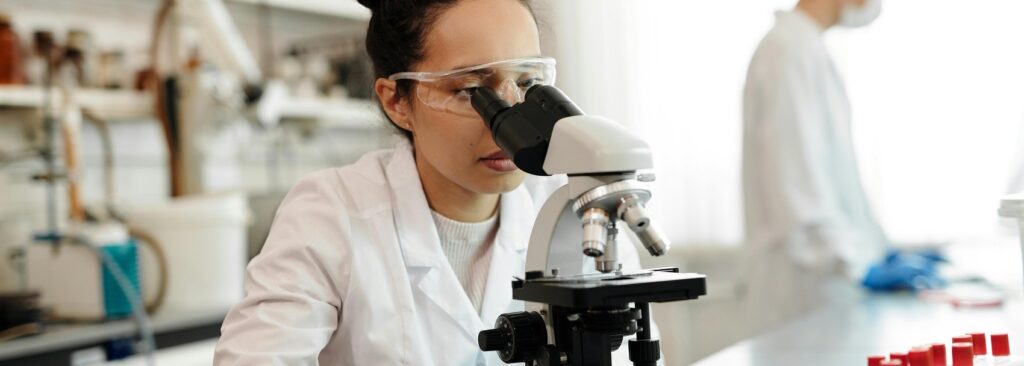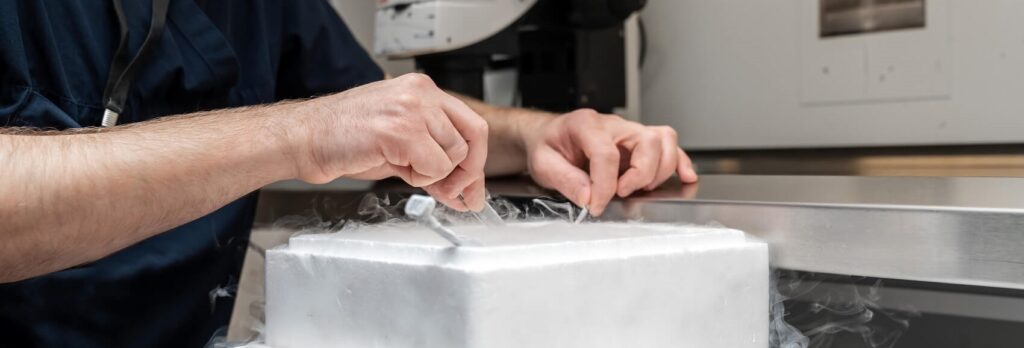
How Many Times Can I Donate Eggs?
Thinking about becoming an egg donor is an incredibly selfless and powerful choice. You’re offering a gift that can change lives—helping hopeful parents experience the joy of family. If you’ve already donated or are thinking about it, it’s natural to wonder: how many times can I donate eggs?
At First Fertility, we know this process is deeply personal. You deserve clear, honest answers and a team that supports you every step of the way.
Can I Donate My Eggs Multiple Times?
Yes—you can. Many egg donors successfully complete more than one cycle. Your eligibility for repeat donations depends on how your body responded during your previous experience. If you felt well during your first cycle, responded positively to medications, and had a smooth retrieval, you’ll likely qualify to donate again.
That said, there’s an important guideline to keep in mind. The American Society for Reproductive Medicine (ASRM) limits egg donation to six total cycles in a lifetime.* This is a national standard designed to protect your health and ensure the process remains safe and effective for everyone involved.
Will Donating My Eggs Multiple Times Affect My Fertility?
This is one of the most common—and understandable—questions donors ask. The reassuring answer is no: donating eggs multiple times does not affect your ability to have children in the future.
The eggs retrieved during a donation cycle are ones your body would naturally release or absorb during your normal menstrual cycle. Your future egg reserve stays intact, and your natural reproductive timeline remains the same.
In fact, research from ASRM shows no significant link between fertility medications used in egg donation and an increased risk of ovarian cancer. Studies also confirm that repeat donors have the same fertility outcomes, menstrual cycles, and age of menopause as individuals who’ve never donated. Your body continues to function just as it always would.
Why Is There a Limit to Egg Donation?
The six-cycle lifetime limit set by the ASRM is based on two main goals: protecting your health and protecting future generations.
Protecting Donor Health
While egg donation is a safe and well-monitored procedure, it still involves short-term medical risks, such as:
- Mild Ovarian Hyperstimulation Syndrome (OHSS)
- Risk of infection
- Standard anesthesia considerations
By limiting the number of cycles, medical professionals help minimize your overall exposure to these potential risks.
Preventing Inadvertent Consanguinity
Consanguinity refers to a biological relationship between people who share a common ancestor, such as cousins or half-siblings. In the context of donor conception, inadvertent consanguinity means that two individuals who are genetically related through the same donor could unknowingly meet and form a relationship later in life.
To minimize this possibility, ASRM recommends limits on donor usage—no more than 25 pregnancies per 800,000 people in a given population. These guidelines are designed to protect donor-conceived individuals and their families for generations to come.
This safeguard ensures that every donation you make helps families safely and responsibly.
FAQs
Book an Egg Donation Consultation
Every egg donation represents hope—for those facing infertility challenges, LGBTQ+ couples, and single parents by choice. And your willingness to donate more than once can multiply that hope for families around the world.
If you’re curious about becoming a donor or are thinking about donating again, our caring team at First Fertility is here to guide you. We’ll answer your questions, explain each step clearly, and make sure you feel supported—mind, body, and heart.
Reach out today to start the conversation and learn how your generosity can help bring new life into the world.



